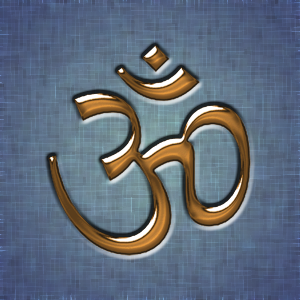What do Hindu believe - Brahman: The Ultimate Reality

Brahman: The Ultimate Reality
Brahman is the Absolute Reality or universal substrate (not to be confused with the Creator god Brahmā) is said to be eternal, omnipotent, omniscient, omnipresent, and ultimately indescribable in human language
Among Hindu sects, Advaita Vedanta is the first instance of monism in organized religion and Hinduism is the only religion with this concept. To call this concept 'God' could be imprecise. The closest interpretation of the term can be found in the Taittariya Upanishad (II.1) where Brahman is described as satyam jnanam anantam brahman ("Brahman is of the nature of truth, knowledge and infinity"). Thus, Brahman is the origin and end of all things, material or otherwise. Brahman is the root source and Divine Ground of everything that exists, and does not exist. It is defined as unknowable and Satchitananda ("Truth-Consciousness-Bliss"). Since it is eternal and infinite, it comprises the only truth. The goal of Hinduism, through the various yogas, is to realize that the soul (Atman) is actually nothing but Brahman. The Hindu pantheon of gods is said, in the Vedas and Upanishads, to be only higher manifestations of Brahman. For this reason, "ekam sat" ("Truth is one"), and all is Brahman. This explains the Hindu view that "All paths lead to the one Truth, though many sages [and religions] call upon it by different names."
One must not confuse these with:
- A brāhmaņa (ब्राह्मण) (masculine, pronounced as /brα:h mə Ņə/ - the N being retroflex), (which literally means "pertaining to prayer") is a prose commentary on the Vedic mantras—an integral part of the Vedic literature.
- A brāhmaņa (ब्राह्मण) (masculine, same pronunciation as above), means priest; in this usage the word is usually rendered in English as "Brahmin". This usage is also found in the Atharva Veda. In neuter plural form, Brahmāņi. See Vedic priest.
- Ishvara, (lit., Supreme Lord), in Advaita, is identified as a partial worldly manifestation (with limited attributes) of the ultimate reality, the attributeless Brahman. In VishistAdvaita and Dvaita, however, Ishvara (the Supreme Controller) has infinite attributes and the source of the impersonal Brahman.
- Devas, the celestial beings of Hinduism, which may be regarded as deities, demi-gods, spirits or angels. In Vedic Hinduism, there were 33 devas, which later became exaggerated to 330 million devas. In fact, devas are themselves regarded as more mundane manifestations of the One and the Supreme Brahman (See Para Brahman). The Sanskrit word for "ten million" also means group, and 330 million devas originally meant 33 types of divine manifestations.
Comments
Post a Comment